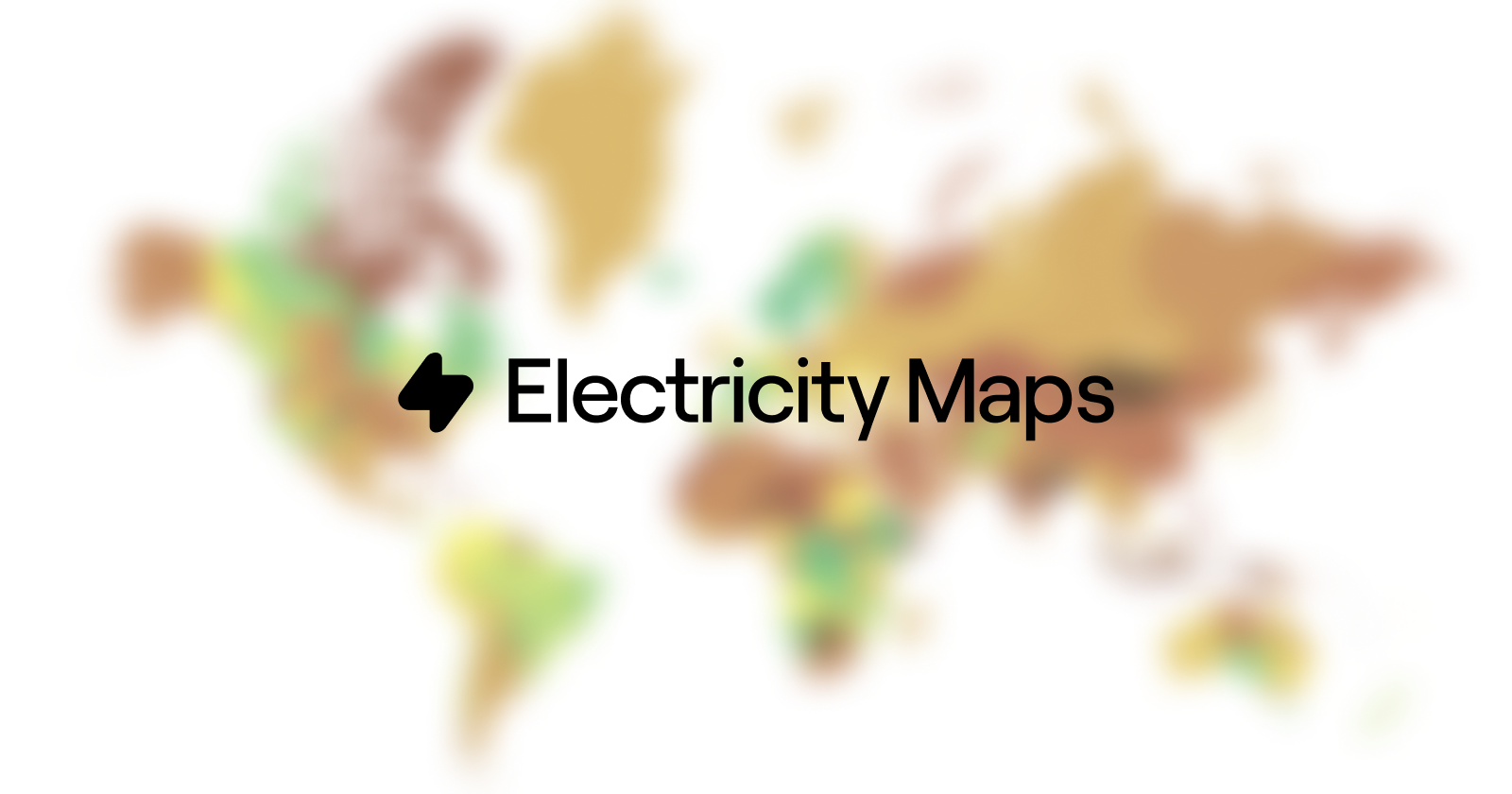Here is my predicament:
I am generating copious amount of excess solar during the day currently which I just dump on the grid for peanuts ($0.03/kWh). But I get absolutely free electricity at night from my REP.
Should I charge my EV during the day or during the night? From a financial standpoint the smart move is to charge at night and get as much as possible for the solar that I put on the grid (mind you I can only get up to net zero balance I can never earn more than what I spend on electricity). However I think the environmental move is to charge my EV during the day from sunshine.
I already threw around the idea of doing some bitcoin mining at night with the free electricity but my son already vetoed that idea on the basis of it killing the world...
I am generating copious amount of excess solar during the day currently which I just dump on the grid for peanuts ($0.03/kWh). But I get absolutely free electricity at night from my REP.
Should I charge my EV during the day or during the night? From a financial standpoint the smart move is to charge at night and get as much as possible for the solar that I put on the grid (mind you I can only get up to net zero balance I can never earn more than what I spend on electricity). However I think the environmental move is to charge my EV during the day from sunshine.
I already threw around the idea of doing some bitcoin mining at night with the free electricity but my son already vetoed that idea on the basis of it killing the world...




